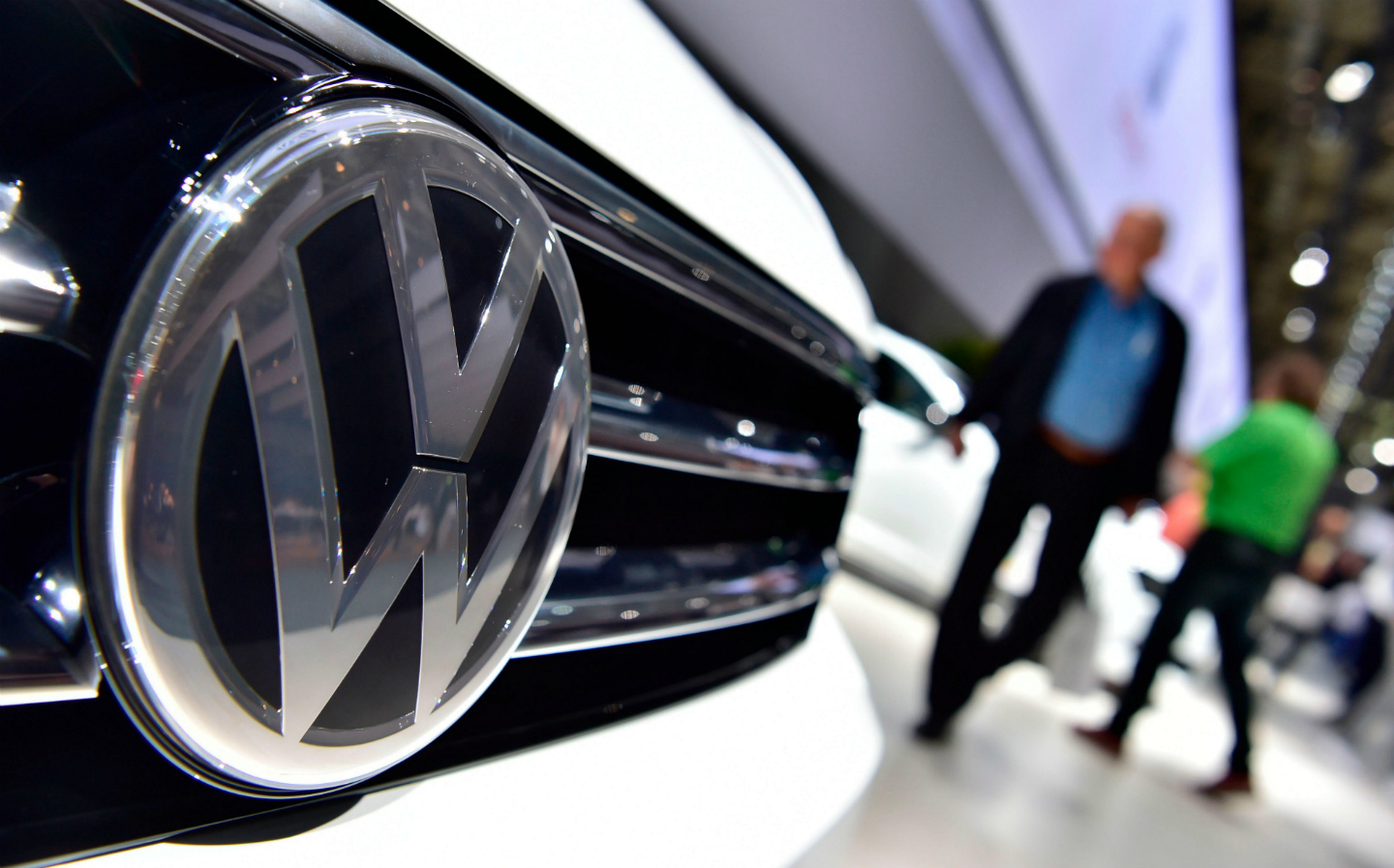VW admits guilt over ‘repulsive’ diesel fume tests on monkeys
Lobbyist admits he knew of secret tests
VOLKSWAGEN SUSPENDED its chief lobbyist after he admitted failing to halt experiments that exposed monkeys to diesel exhaust gases — the latest scandal to engulf the German carmaker.
Thomas Steg admitted that he knew about the 2014 tests in advance and offered to resign amid a growing outcry over research that was designed to show that diesel fumes were not a significant risk to human health. BMW and Daimler, who helped to fund the research, claim not to have known about the use of monkeys in the tests carried out in the US by a research group that is now defunct.
Volkswagen has been accused of cruelty and further damned for the revelation that the VW Beetle used in the tests was fitted with the same software used to rig laboratory tests worldwide. The company was already battling to restore its reputation over the scandal in 2015 which showed it had fitted software in 11 million cars to moderate emissions to meet official limits only under laboratory conditions. On the road, the vehicles pumped out illegal levels of nitrogen oxides.
Browse NEW or USED cars for sale
Mr Steg, 57, VW’s head of external relations and a former German government spokesman, told Bild newspaper that he was made aware of the planned tests on ten monkeys in May 2014. He said he intervened to stop a proposal to test exhaust gases on human volunteers but did not stop the monkeys from being exposed for up to four hours at a time to the fumes.
“What happened should not have happened. I regret that very much. It had nothing to do with scientific research,” he told Bild.
He added that he had not informed Martin Winterkorn, the VW chief executive, who resigned as a result of the emissions scandal, which has so far cost the company more than £17 billion.
Mr Steg added that a second series of tests at Aachen University in western Germany on human volunteers was of low levels of nitrogen dioxide, one of the most toxic diesel exhaust gases. “The University of Aachen wanted to investigate something about the maximum workplace concentration of nitrogen dioxide,” he said. “The subjects were exposed to levels that were well below those at many workplaces. No subject came to harm.”
Bild revealed that the male macaque monkeys in the US experiment cost £2,500 each and were shipped from China by a dealer in Houston, Texas.
Matthias Müller, Mr Winterkorn’s replacement as VW chief executive, called the tests on monkeys “wrong . . . unethical and repulsive”. He said Mr Steg “has declared that he takes full responsibility and I respect that”.
The European Commission meanwhile summoned Germany and eight other countries, including Britain, to explain how they plan to lower harmful emissions to meet air quality standards if they want to avoid legal action.
Die Tageszeitung, the Berlin daily, said: “The bigger scandal is the experiment the car industry has been conducting on the wider population for decades. While the monkeys only had to inhale exhaust fumes for a few hours, people with the misfortune to walk along arterial roads have been breathing in levels of nitrogen oxide far higher than EU limits for years.”
David Charter
This article first appeared in The Times





